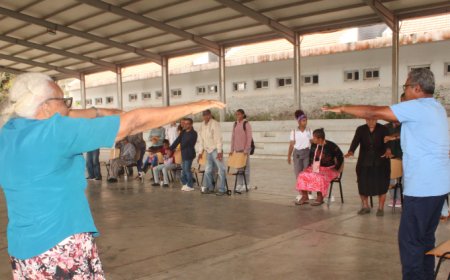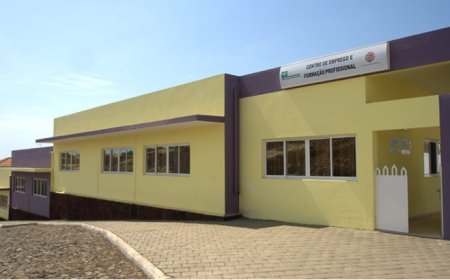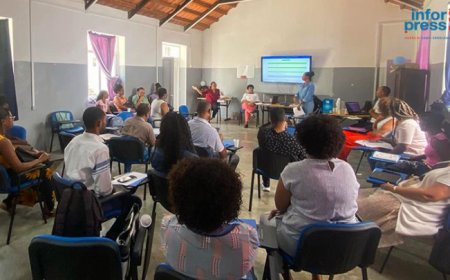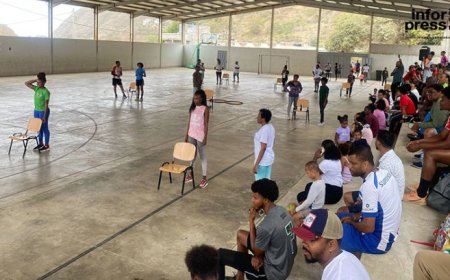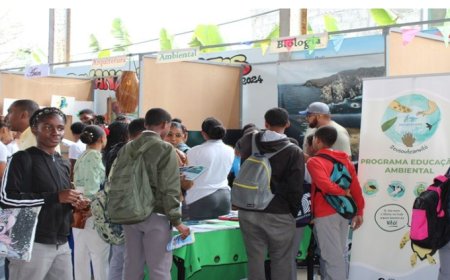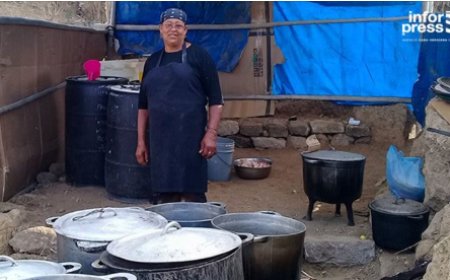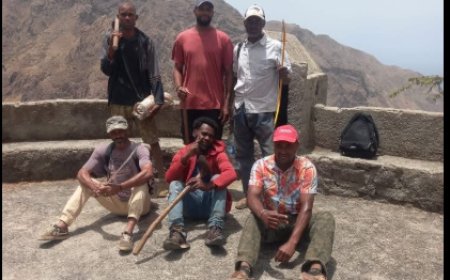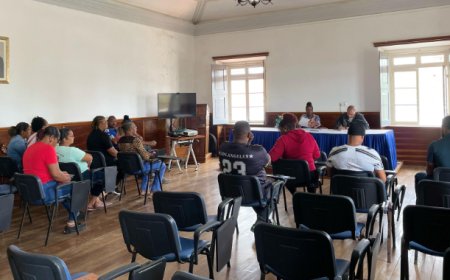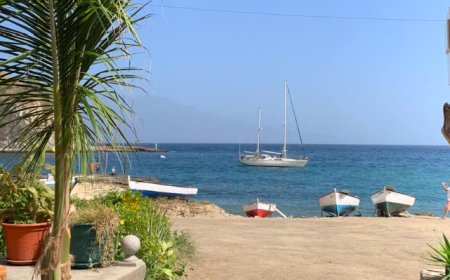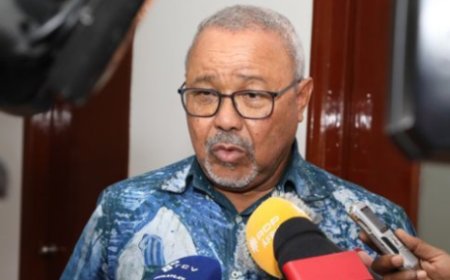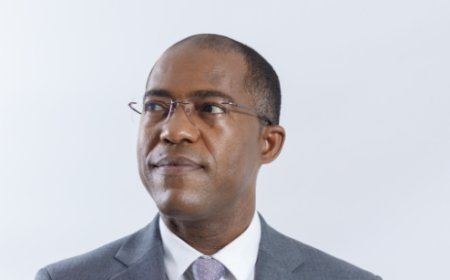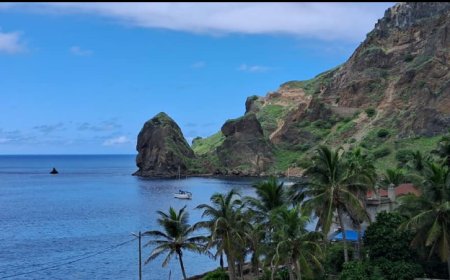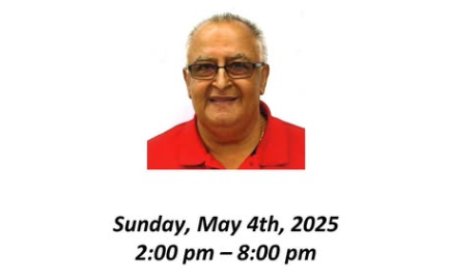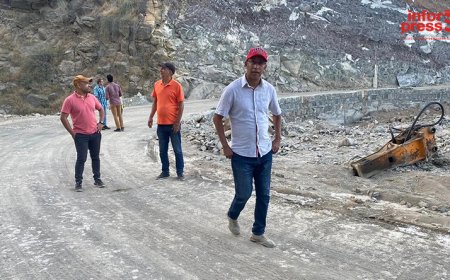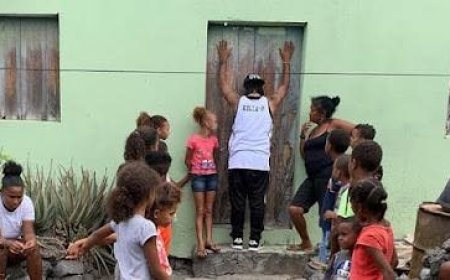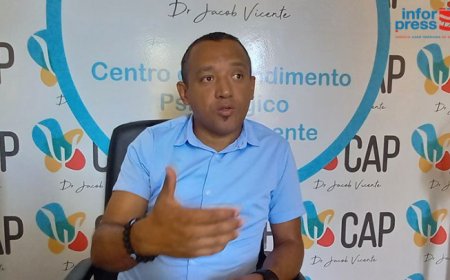During the rainy season, the population of Fajã D'Água on Brava Island remembers the urgency of building an alternative route
Brava Island – August 9, 2024 (Bravanews) - With the arrival of the rainy season, the population of Fajã D'Água, on Brava Island, intensifies the call for urgent measures to build an alternative route. The only road that connects the locality to the rest of the island has been frequently blocked due to rockfalls, a recurring problem that puts the safety and mobility of residents at risk.
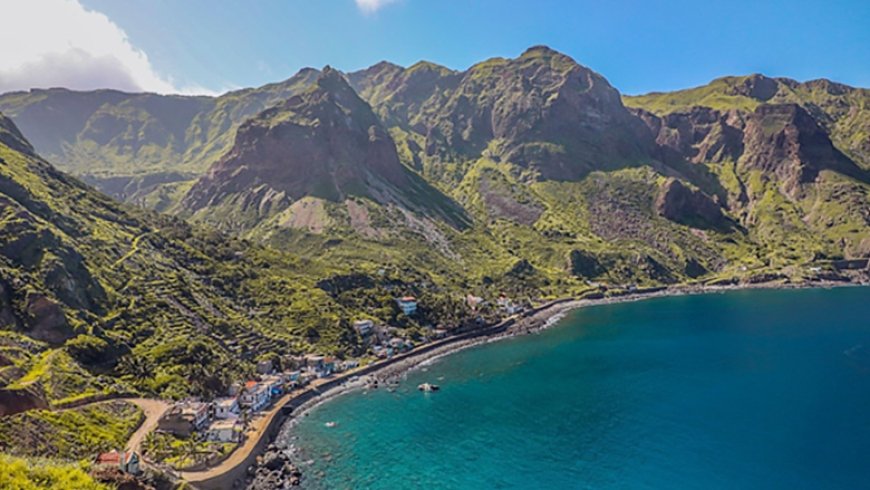
In recent years, the road has been closed on several occasions, resulting in prolonged periods of isolation for residents. The situation becomes even more critical during the rainy season, when the likelihood of further landslides increases, highlighting the pressing need for a lasting solution.
“The safety of our community and accessibility are top priorities,” said Junior Silva, a resident of Fajã D'Água. “We are tired of waiting and we need the authorities to take concrete steps to ensure an alternative route that protects us from the dangers of rain and landslides.”
The proposal to build an alternative route has already been discussed in several community meetings and with representatives of the local and national government, but to date there has been no significant progress in implementing the project. The local population emphasizes that building a new route, in this case via Espardinha/Palhal, would not only improve safety, but would also foster economic development and quality of life in the region.
Brava City Council, in turn, recognizes the importance of the project and is working on drawing up a detailed plan for the construction of the alternative route. However, the complexity of the terrain and budgetary limitations have slowed down the process.
Meanwhile, the community of Fajã D'Água continues to press for a swift and effective response. The expectation is that with continued support from the population and commitment from the authorities, the much-needed alternative route will become a reality in the near future.
The situation in Fajã D'Água is a reminder of the importance of investing in resilient infrastructure, especially in areas susceptible to natural disasters. The local population is eagerly awaiting a solution that will ensure the safety and connectivity of their community.








